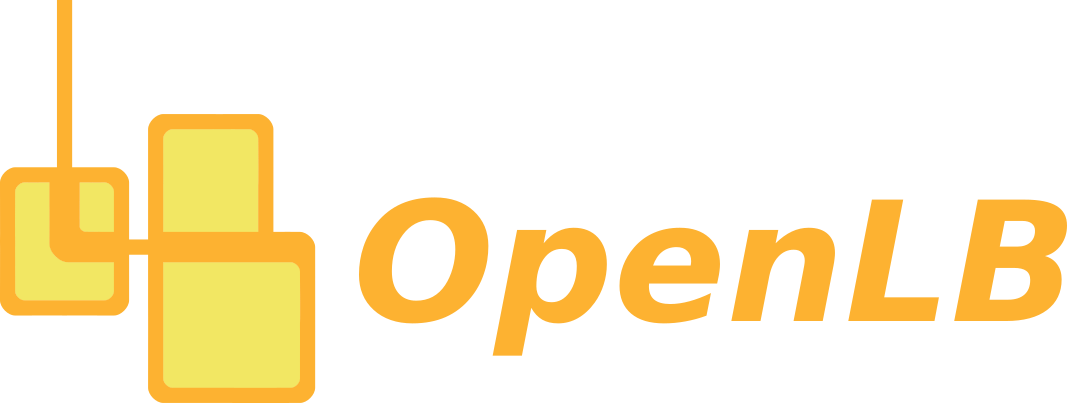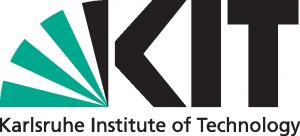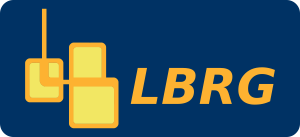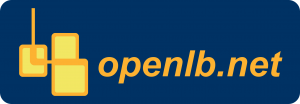7th Spring School
Lattice Boltzmann Methods
with OpenLB Software Lab
4. – 8. March 2024
Heidelberg, Germany
download flyer
download group picture
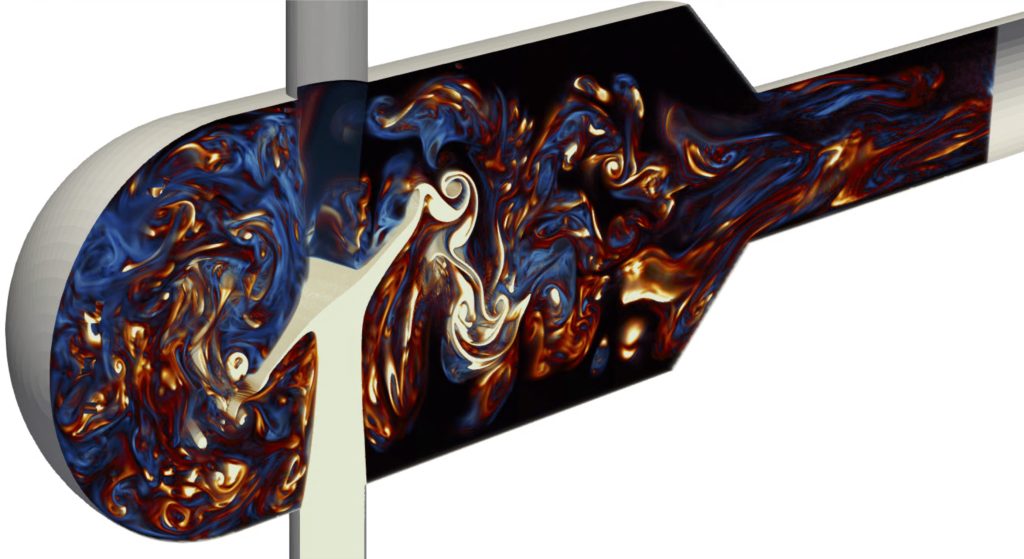
Executive committee
- Kerstin Dick, Karlsruhe Institute of Technology, Germany
- Shota Ito, Karlsruhe Institute of Technology, Germany
- Mathias J. Krause, Karlsruhe Institute of Technology, Germany
- Stephan Simonis, Karlsruhe Institute of Technology, Germany
Host organization
KIT Campus Transfer GmbH
Venue
This year’s spring school venue is the historic building of the Heidelberger Akademie für Wissenschaften in the city of Heidelberg, right underneath the famous castle.
The field of Lattice Boltzmann Method
Lattice Boltzmann Methods (LBM) are an established numerical technique for Computational Fluid Dynamics (CFD) and beyond. The simulation of complex multi-physics benefits strongly from the mesoscopic modelling of LBM and positions it next to traditional numerical methods. The rapid development in LBM – also driven by the emergence of massive parallel computing infrastructure – enables engineers to solve relevant problems for academia as well as for industry.
Target audience
The expected attendees are developers and researchers, from industry and academia interested to learn theoretical and practical aspects of LBM. The spring school addresses e.g. engineers, computer scientists, mathematicians and physicists as well as Master and PhD students. The course level is either beginners (Option B) or advanced (Option A). Based on the interest in CFD, this course provides a collaborative platform for LBM, both for developers and researchers.
Objective of the spring school
The spring school introduces researchers and users from industry to the theory of LBM and trains them on practical problems. Option B: the first half of the week is dedicated to theoretical fundamentals up to ongoing research on selected topics in kinetic theory, scientific computing, LBM, and Partial Differential Equations (PDE). Followed by mentored training on case studies using OpenLB in the second half of the week. Emphasis is placed on the modelling and simulation of particulate, multi-component, and turbulent fluid flows. Option A: Advanced OpenLB users and developers are enabled to solve their own application problems and implement their own solution approaches.
This educational concept is probably unique in the LBM community and offers a comprehensive and personal guided approach to LBM. Participants also benefit from the knowledge exchange during the poster session, coffee breaks and an excursion.
Software lab and requirements
In the software lab sessions, the participants are trained on practical applications, deploying the open source software OpenLB. Option B (Wednesday to Friday): Special focus is placed on case studies, which are important to understand and verify the theory presented in the lectures (Monday and Tuesday). By the help of experienced tutors, beginners are enabled to set up simulations for relevant problems. Option A (Monday to Wednesday): Experienced applicants and developers are supervised by tutors (Monday to Wednesday) to solve their own application problems and/or implement their own LBM. They work independently (Thursday and Friday), though discussions with the tutors are always welcome.
To guarantee personal tutoring and intensive exchange between experienced mentors and novices, the lab is limited to 50 participants. The attendees are responsible to bring their own laptop equipped with:
- Recent C++ compiler with full C++17 support (minimum versions: GNU GCC 9, Clang 7 or Intel C++ 19.0)
- OpenMPI 2.1 and higher
- ParaView
Windows users should prepare their laptop in advance to enable the Windows Subsystem for Linux (WSL) following the Technical Report 5 (www.openlb.net/tech-reports).
Speakers (preliminary)
- Davide Dapelo, University of Liverpool, United Kingdom
- Francois Dubois, CNAM Paris, Universite Paris-Sud, France
- Timm Krüger, The University of Edinburgh, United Kingdom
- Halim Kusumaatmaja, Durham University, United Kingdom
- Timothy Reis, University of Greenwich, United Kingdom
- Tim N. Bingert, Karlsruhe Institute of Technology, Germany
- Fedor Bukreev, Karlsruhe Institute of Technology, Germany
- Martin Frank, Karlsruhe Institut of Technology, Germany
- Shota Ito, Karlsruhe Institute of Technology, Germany
- Mathias J. Krause, Karlsruhe Institute of Technology, Germany
- Adrian Kummerländer, Karlsruhe Institute of Technology, Germany
- Jan E. Marquardt, Karlsruhe Institute of Technology, Germany
- Stephan Simonis, Karlsruhe Institute of Technology, Germany
- Dennis Teutscher, Karlsruhe Institute of Technology, Germany
Course delivery
Lecture notes (theory lecture part: pdf, software lab part: printed), theory lectures by invited speakers, software lab mentored by OpenLB developers, 5x lunch, 2x dinner (including Spring School dinner), social excursion, all coffee breaks, certificate of participation
Open workshop
The spring school is organized as open workshop in two parallel session: Option Advanced and Option Beginners. It promotes the participants and is open for the interested general public. The spring school is organized as a non-profit event.
Registration fee inculdes
Lecture notes (theory lecture part: pdf, software lab part: printed), lectures by invited speakers, software tutorial mentored by OpenLB developers, daily lunches, 2x dinner (including Spring School dinner), social excursion, daily two coffee breaks, certificate of participation. Several scholarships are available for students (MA or PhD candidates).
Pricing
| Early registration (by 4th February 2024) | Regular registration | |
| Academia | 420 € | 570 € |
| Industry | 1,770 € | 1,920 € |
Poster session award
The award is aiming at supporting excellent students working in the field of LBM.
Program
Option Beginners (B)
LBM Theory
| Time | Monday | Tuesday |
| 09:00 | Opening, LBM for Application Mathias J. Krause, Stephan Simonis | 9:00: LBM for linear elastic solids Oliver Boolakee 9:30: Progress in the Development of Lattice Boltzmann Methods for Solids Henning Müller |
| 10:00 | Coffee break | Coffee break |
| 10:30 | Short Introduction by Participants Organizers, Speakers and Participants | Turbulence Models for LBM Stephan Simonis |
| 11:30 | Introduction to LBM Timm Krüger | LBM for Advection Diffusion (Reaction) Problems Fedor Bukreev, Davide Dapelo |
| 12:30 | Lunch break | Lunch break |
| 14:00 | Boundary conditions Timothy Reis | Multi-Phase and Multi-Component Flows Halim Kusumaatmaja |
| 15:00 | (Non-)Dimensionalisation in LBM Timm Krüger | Particulate Flows Jan E. Marquardt |
| 16:00 | Coffee break | Coffee break |
| 16:30 | Construction and Analysis of LBM Francois Dubois | Efficient Parallel Implementation Adrian Kummerländer |
| 17:30 | Poster session and dinner | Free, optional: Introduction to linux terminal (15 min), help desk in order to get OpenLB running on your laptop |
OpenLB Software Tutorial
| Time | Wednesday | Thursday | Friday |
| 09:00 | 1 Introduction Basic concepts, Functors, Performance, Validation | 3.2 Prepare geometry Functors, Meshing, Material Numbers Exercise 2: Prepare geometry | Advanced models I Online Documentation, Doxygen |
| 10:00 | Coffee break | Coffee break | Coffee break |
| 10:30 | 2 Preliminaries Introduction to Linux Terminal, OpenLB Setup, Paraview & VTK | 3.3 Prepare Lattice Descriptor and Dynamics, Fields | Advanced models II Exercises 5: Particle Laden Flows I Exercises 6: Particle Laden Flows II Exercises 7: Free Energy Model |
| 11:30 | 3.1 Initialisation XML Interface, Unit Conversion, Exercise 1: Initialisation | 3.4 Main Loop with Timer Time Measurement, Convergence Check | Closing (12:00) |
| 12:30 | Lunch break | Lunch break | Lunch break |
| 14:00 | Social event / excursion | 3.5 Initial and Boundary Conditions Boundary Objects, Dynamics, Types Exercise 3: Boundary Conditions | Applying and developing OpenLB |
| 15:00 | Social event / excursion | 3.6 Collide & Stream LBM Algorithms, Execution Coupling, Collision, Streaming | Option 1: OpenLB for Applicants: Work on Your Own Application |
| 16:00 | Social event / excursion | Coffee break | Option 2: OpenLB for Developers: Implement Your Own LB Model |
| 16:30 | Social event / excursion | 3.7 Computation & Results Console Output, Functor Application Exercise 4: Get Results | |
| 17:30 | |||
| 19:00 | Spring school dinner |
Option Advanced (A)
Monday to Wednesday: Experienced applicants and developers are supervised by tutors to solve their own application problems and/or implement their own LBM. Thursday and Friday: They work independently, though discussions with the tutors are always welcome.
You will also participate in the Short Introduction by Participants on Monday at 10:30, social event, poster session, dinners and all coffee as well as lunch breaks with all other attendees.
